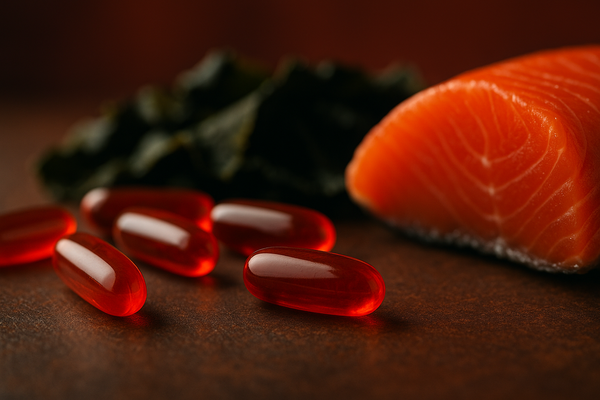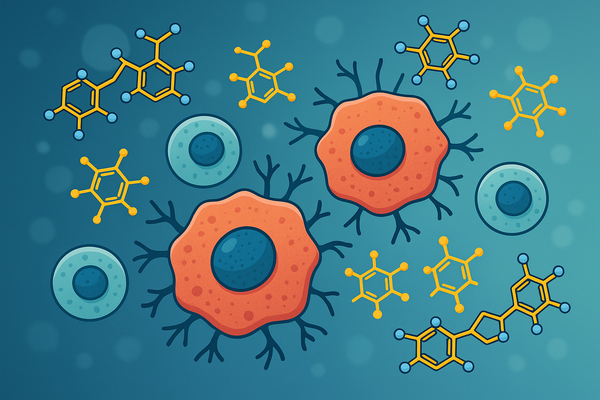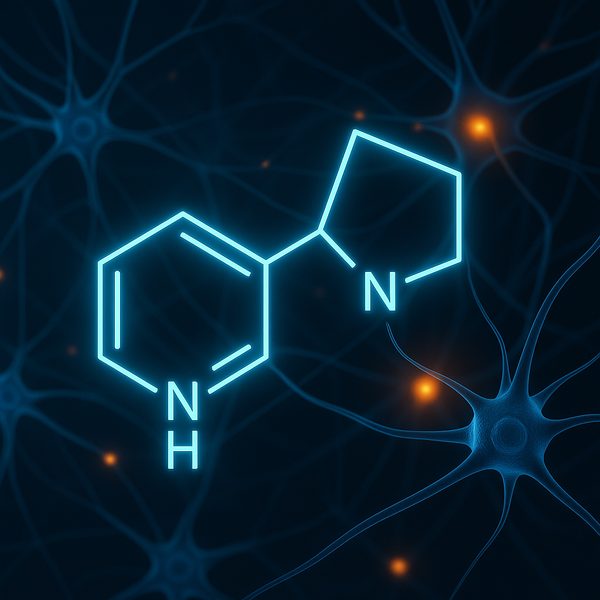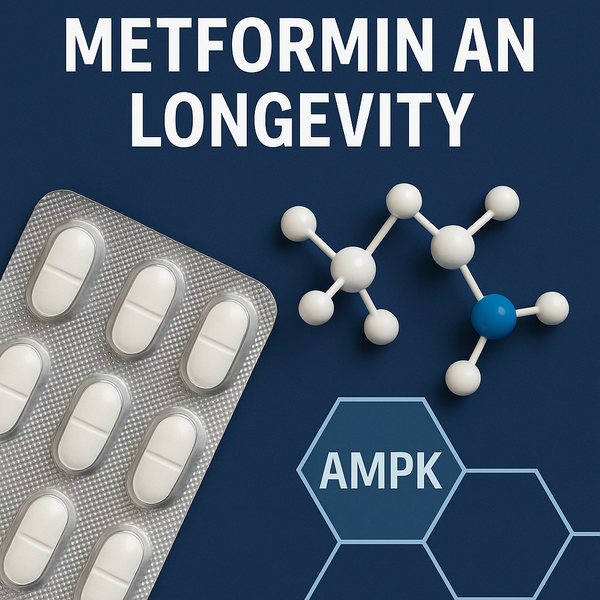ZBiotics: Can a Genetically Engineered Probiotic Really Help You Recover After Drinking?
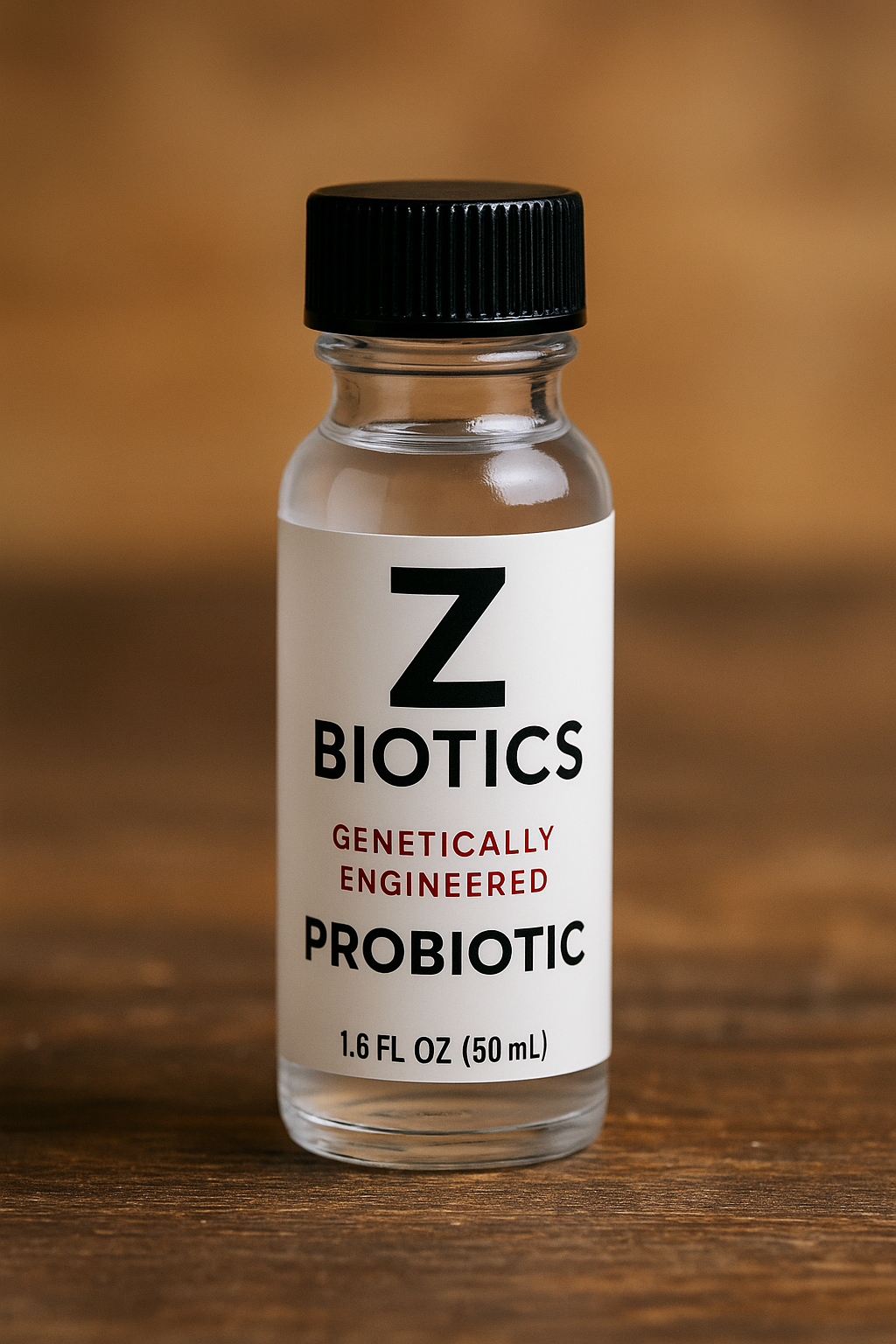
Let’s be honest — the older we get, the less forgiving our bodies become after a night of drinks. What used to be a mild headache can now turn into a full-blown existential crisis by 9 a.m. The science-minded crowd, though, might have found a partial solution in a small, oddly powerful bottle: ZBiotics — a genetically engineered probiotic designed to help your body handle alcohol’s toxic by-products.
It’s not some “miracle hangover cure” or a new hydration gimmick. It’s biotechnology — literally bacteria reprogrammed to help process what your body struggles with most after drinking. But does it actually work? Let’s unpack it.
The Science Behind ZBiotics
Here’s the quick biology lesson: when you drink alcohol, your body converts ethanol into acetaldehyde — a nasty, toxic compound responsible for many of the unpleasant hangover symptoms. Eventually, acetaldehyde is broken down into acetate, which is harmless. The problem? That middle step — the acetaldehyde buildup — is brutal.
ZBiotics tackles this step head-on. The company engineered a probiotic strain called Bacillus subtilis ZB183™ to produce acetaldehyde dehydrogenase, the same type of enzyme your liver uses to neutralize acetaldehyde. Essentially, they’re giving your gut a head start.
Instead of waiting for your liver to clean up the mess, ZBiotics deploys this enzyme directly in your digestive system, helping reduce the amount of acetaldehyde that enters your bloodstream in the first place.
It’s like sending cleanup crews to the party while it’s still going on, not the morning after.
What the Research (and Real Life) Say
Here’s where things get interesting. ZBiotics has credible science behind its concept, but not yet the kind of large-scale, peer-reviewed human studies that scientists drool over.
They’ve demonstrated that the probiotic does what it’s designed to do in vitro — meaning it successfully breaks down acetaldehyde in lab settings. And their safety data looks clean: animal studies show no adverse effects even at doses 100 times higher than what humans would ever take.
But the big question — does it actually make you feel better the next morning? — is harder to answer scientifically.
There’s a ton of positive anecdotal feedback, both from customers and independent reviewers. Many report waking up clearer, less nauseous, and more functional after moderate drinking.
However, others found it made little difference after heavy nights — reminding us that no supplement can outsmart overindulgence.
So while ZBiotics might reduce one of the biggest biochemical culprits (acetaldehyde), it won’t fix dehydration, inflammation, poor sleep, or your 2 a.m. pizza run.
Using ZBiotics the Smart Way
If you’re curious to try it, here’s what makes the most sense from a functional health perspective:
- Timing is everything. Drink ZBiotics before your first alcoholic drink — not after. The bacteria need to be alive and active when alcohol hits your gut.
- Hydration still rules. Even if acetaldehyde is reduced, dehydration still happens. Alternate water between drinks, or add electrolytes.
- Don’t treat it as a free pass. The liver still works overtime if you go too far. ZBiotics helps with one aspect, not all of them.
- Sleep, nutrition, and pacing matter. Alcohol disrupts circadian rhythm and nutrient absorption. A probiotic can’t replace discipline.
- Cost vs. benefit. It’s not cheap — around $36 for three bottles — so maybe save it for weddings, celebrations, or nights when you know you’ll have more than one.
My Take on ZBiotics
I actually love what ZBiotics represents. It’s the first real attempt at using bioengineering in a consumer-ready way to improve metabolic resilience. It’s a peek at where functional health and biotechnology are headed: targeted, biological interventions instead of synthetic pills.
Does it work? Probably — to a degree. It makes sense mechanistically, feels cleaner to use than most supplements, and has strong safety data.
But if you’re expecting to party all night and wake up like a monk meditating at sunrise — you’re going to be disappointed. ZBiotics isn’t a hangover escape plan. It’s a scientific assist.
And that’s how it should be used — as part of a broader, self-aware approach to your health. If you choose to drink, take responsibility for the rest of your recovery habits. That’s what functional health is really about — not hacks, but harmony.
In the end, ZBiotics is a cool example of science meeting real life — a glimpse into how engineered probiotics might change the wellness landscape. It’s smart, safe, and practical, just not miraculous.
If used intentionally, it might just help you wake up feeling more human — and that’s a win worth toasting to.
